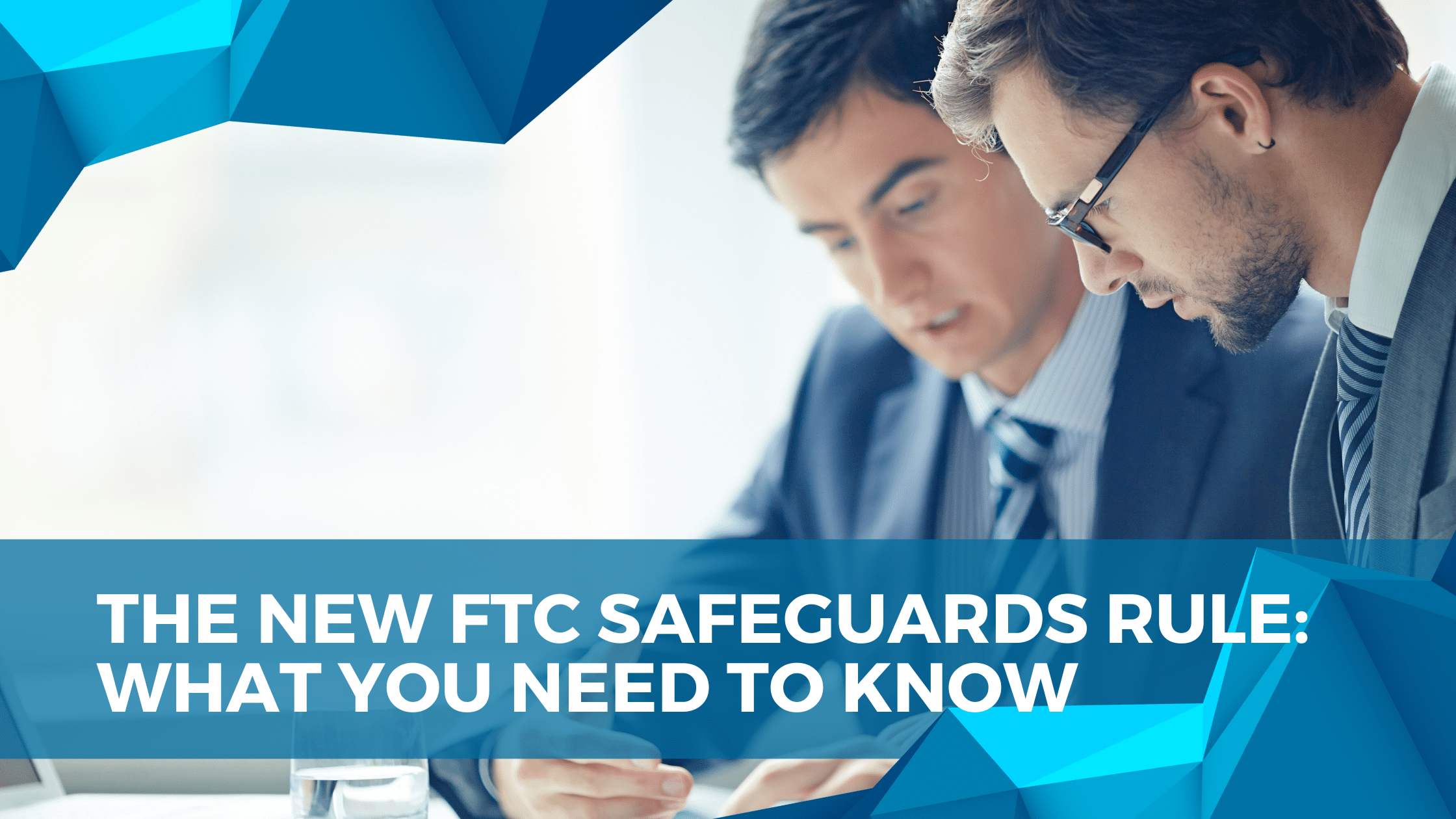
An effective password management strategy is a crucial aspect of maintaining strong security for your network, applications, and files. Securing a network with strong passwords is essential for maintaining the security of stored data and for protecting sensitive user information. While threats to data may evolve over time, the fundamentals of sound network security remain constant.
Guide to Better Password Management Strategy
To keep your network secure, you’ll need to use a mix of strategies designed to manage and protect passwords from unauthorized access. This guide can help your organization strengthen your password management strategy to improve your network security.
Encrypt and Store Passwords in the Cloud for Increased Security
To improve security, encrypt your passwords and store them in the cloud. Storing passwords in the cloud is a great way to move sensitive information from an on-premises server or computer and into the safety of a secure, remote data center. Strong encryption means that only those who have authorization and are granted access can read the encrypted digital files from the cloud. This helps protect your organization from malicious attacks and unauthorized access, thereby keeping your data secure.
Use a Password Manager
A password manager is a software application that securely stores and manages all your passwords in one place. The app generates strong, unique passwords for each account and automatically provides them when you need to log in. This eliminates the need to remember multiple passwords and reduces the risk of using weak or easily guessable passwords. With most people on the average using more than 80 passwords, the password manager is a critical tool for your password management strategy that should be required for users to access your network.
Create Usernames and Passwords that are Complex and Unique
Even with all of the information available about the importance of password security, the top passwords this year are: 123456, 123456789, qwerty, password, 12345, qwerty123, 1q2w3e, 12345678, 111111, and 1234567890. These passwords will be hacked, and since most people use the same password in multiple places, their use presents a threat to your data and your business. A strong password is one that is at least 12 characters long and includes a mix of uppercase and lowercase letters, numbers, and symbols. Avoid using common words, phrases, or personal information that can be easily guessed or found online. Instead, use a random combination of characters that is difficult to crack.
Utilize Multi-Factor Authentication Wherever It’s Available
Multi-factor authentication adds an extra layer of security to your accounts by requiring two or more forms of identity verification prior to granting access, such as entering a code sent by text message or using a fingerprint or facial recognition system. This makes it much harder for hackers to gain access to your accounts, even if they have your password, which greatly reduces the risk of compromises due to stolen passwords and protects your company’s data and networks.
Don’t Reuse Passwords
Using the same password for multiple accounts is a common mistake that can put all your accounts at risk if the one password is compromised. Each account that you access needs its own unique combination. As well, regularly changing your passwords can help prevent unauthorized access to your accounts. Set a reminder to change your passwords every few months or whenever there is a security breach or suspected compromise.
Beware of Phishing Scams
Phishing scams are a common tactic used by hackers to trick you into revealing your login credentials. Be cautious of emails or messages that ask you to click on a link or enter your password, especially if they appear to be from a trusted source. Always verify the authenticity of the request before entering any sensitive information.
Educate Your Staff
thinkCSC provides layers of security that help protect your data in a variety of ways and prevent malicious emails from ever reaching their destination. But your company is only as strong as your weakest link – and that weakest link is often your own employees. Password management is not just an individual responsibility; it’s a team effort. Educate your team on the importance of strong passwords, multi-factor authentication, and other security best practices, to ensure the security of your network and data.
Consider Biometric Identification Options Over Standard Passwords
Biometric authentication is a popular method of verifying identity in network security. By using biometric identification, you can ensure that users are who they say they are 100% of the time. Biometric identification measures physiological characteristics to identify individuals, such as fingerprint scanning, retina scanning, and facial recognition. These methods provide an additional layer of security by making account access nearly impossible without physical access to the user’s body.
Let thinkCSC Help You Improve Your Password Management Strategy
thinkCSC is the leading Managed IT provider in Columbus, Ohio. We provide end-to-end IT solutions to help small- and medium-sized businesses evolve their operations and stay competitive. Our comprehensive suite of managed services covers everything from cybersecurity to cloud hosting, ensuring that your business runs smoothly and efficiently with all systems secure and up to date. Our tailored approach allows us to focus on building long-term partnerships with our clients and delivering solid results time after time. For more information about password management and other solutions that will help keep your network secure, please get in touch.


